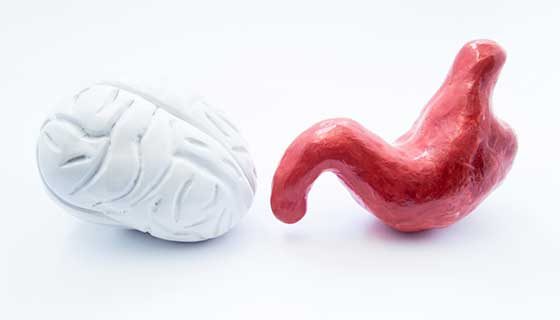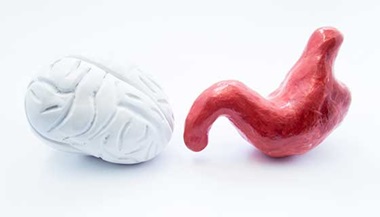Bloating: Causes and Prevention Tips
How often do you hear yourself or friends complain about bloating? We often just say we're bloated when we feel full, but for many women, the problem relates to a chronic underlying condition. If you feel bloated often, you may have a condition like irritable bowel syndrome (IBS), which affects up to 24 of women.
Here are some common causes of bloating and tips on preventing this uncomfortable condition.

What is bloating?
Bloating is a condition where your belly feels full and tight, often due to gas.
People might confuse bloating with other reasons for a more noticeable belly, such as abdominal wall laxity, or looseness. This is common, especially among older women and those who have had children.
It's important to know the difference so you can get the right treatment. A toned abdomen can make it easier to see a difference when the gut is full of food or stool.
Causes of Bloating
One common cause of bloating is constipation. You can be constipated and not realize it, since having fewer bowel movements than you normally do is just one symptom of constipation. You may still be constipated even if you have regular bowel movements. Other symptoms of constipation include:
- Straining to start or finish a bowel movement
- Stool that looks like rocks and pebbles
- Not feeling empty after a bowel movement
Constipation can contribute to abdominal pain and bloating. The longer your stool stays in your colon, the more time bacteria have to ferment what's there, resulting in more gas and bloating.
Aside from constipation, other causes of bloating include:
- Gut sensitivity: People with IBS can be extremely sensitive to gas, which can cause pain, cramping and diarrhea.
- Small intestinal bacterial overgrowth (SIBO): Most healthy people have relatively few bacteria in the small intestine. People who have had intestinal surgery and/or IBS with diarrhea are more likely to have SIBO, which can cause bloating.
- Gastroparesis: This condition causes delayed stomach emptying, which can cause bloating, nausea and even bowel blockage.
- Gynecological conditions: Sometimes problems with your ovaries or uterus may cause bloating. Make sure you never skip your annual pelvic exam.
5 Reasons Your Stomach May Hurt

Tummy troubles are a common cause for a visit to the doctor’s office. When patients complain of “stomach pain,” they are sometimes describing pain that is throughout the abdomen area and may not actually be directly related to the organ known as the stomach.
How to Prevent Bloating
Typically, the first line of treatment for preventing gas and bloating is changing your diet. Research has shown that a low fermentable oligosaccharides, disaccharides, monosaccharides and polyols (FODMAP) diet can reduce the symptoms of gas and IBS. A low FODMAP diet avoids fermentable, gas-producing food ingredients, such as:
- Oligosaccharides, which are found in wheat, onions, garlic, legumes and beans
- Disaccharides, such as lactose in milk, yogurt and ice cream
- Monosaccharides, including fructose (a type of sugar found in fruits and honey), apples and pears
- Polyols or sugar alcohols found in foods such as apricots, nectarines, plums and cauliflower, as well as many chewing gums and candies
In people sensitive to FODMAP-rich foods, the small intestine doesn't always fully absorb these carbohydrates, and instead passes them to the colon, where they are fermented by bacteria and produce gas. To see if some of the FODMAP foods are causing your gas and bloating you can start by cutting out FODMAP foods and then slowly bringing them back into your diet one at a time to pinpoint any foods that are causing the problems.
In the long run, the key to preventing bloating is understanding its cause. If mild constipation is the problem, a fiber-rich diet, water and exercise may help, but these steps won’t always work for chronic constipation. Chronic constipation and other conditions, such as IBS or gastroparesis, require medical treatment, so it’s important to talk to your doctor about your bloating symptoms.
Sign Up for Our Free Newsletter

One of the best things you can do to protect and improve your health is to stay informed. Your Health is a FREE e-newsletter that serves as your smart, simple connection to the world-class expertise of Johns Hopkins.






